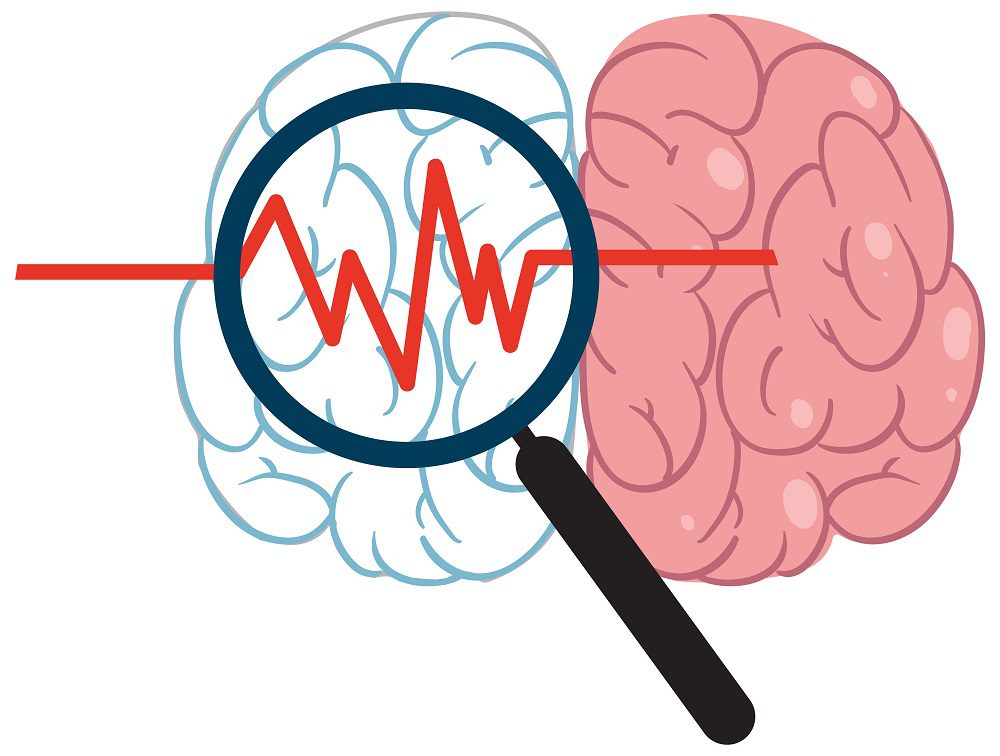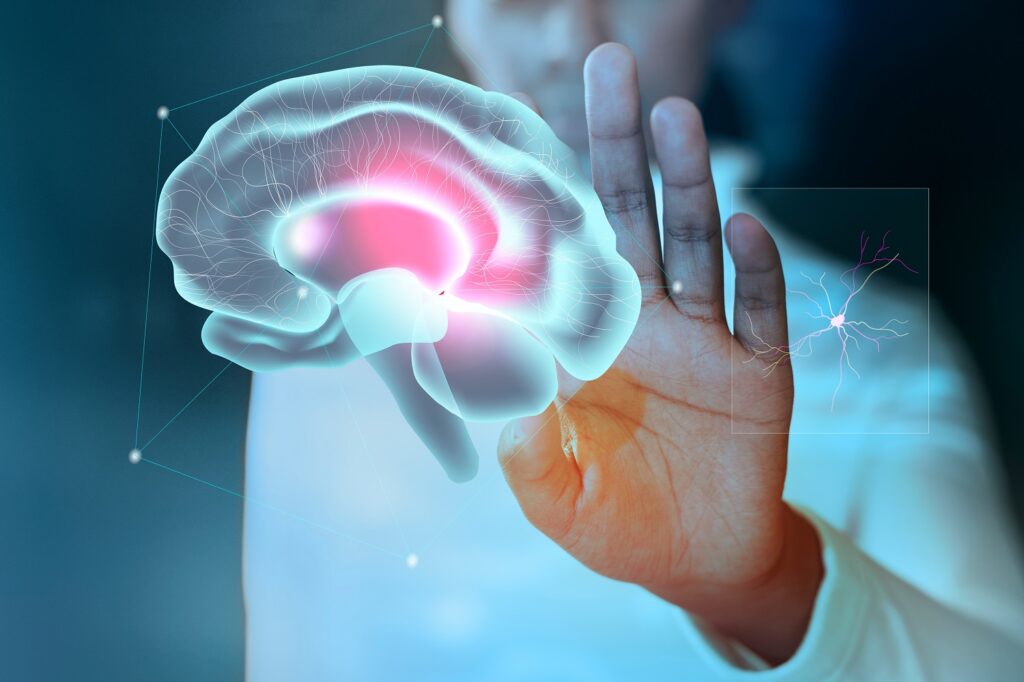Alzheimer’s disease is the most common neurodegenerative disorder and the most frequent cause of dementia among the elderly population. The extensive and progressive neuronal loss in the cerebral cortex of Alzheimer’s disease patients, along with cerebral atrophy and cognitive decline leads to impaired learning, memory, and daily activities. Since late-onset Alzheimer’s disease (LOAD) derives from a combination of genetic variants and environmental factors, epigenetic modifications have been predicted to play a role in the etiopathology of LOAD.
Along with Deoxyribonucleic acid (DNA) methylation, histone modification has been proposed as the main epigenetic modification that contributes to the pathologic mechanisms of LOAD. It has been demonstrated that changes in histone acetylation, methylation, phosphorylation, and other histone posttranslational modifications are present in the brain of Alzheimer’s disease patients. Furthermore, histone-modifying enzymes seem to be a promising target for AD treatment.















